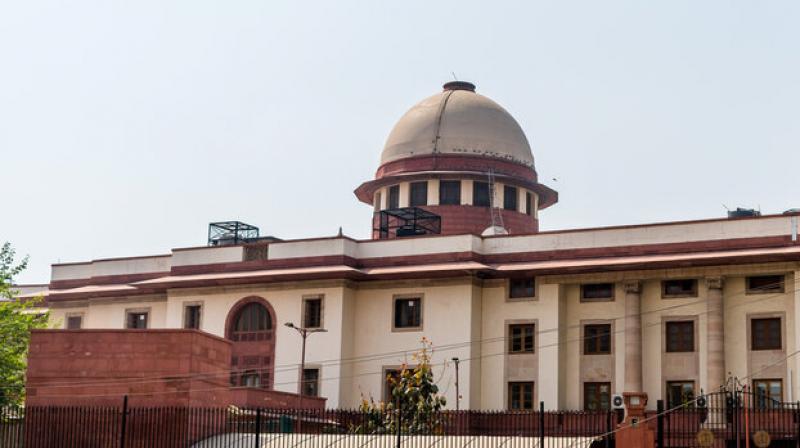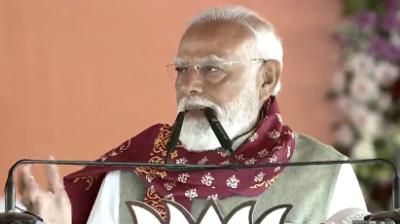
The Court outlined that a Governor has three constitutional options under Article 200.
Supreme Court Advisory Clarifies Limits on Governors’ and President’s Powers in Assenting to State Bills
A five-judge Constitution Bench of the Supreme Court, headed by Chief Justice B.R. Gavai and comprising Justices Surya Kant, Vikram Nath, P.S. Narasimha, and A.S. Chandurkar, gave an advisory opinion on the 16th Presidential Reference regarding the powers of Governors and the President under Articles 200 and 201 of the Constitution on Thursday, 20th November, 2025.
The Bench clarified that governors and the president enjoy discretionary powers while assenting to bills, and they cannot be bound by fixed judicial timelines. The Court rejected the concept of “deemed assent” or the use of Article 142 to automatically deem a bill approved after a prescribed period. “Such a usurpation of the gubernatorial function is antithetical to the spirit of the Constitution and the doctrine of separation of powers,” the Bench noted.
While the opinion reaffirmed the governor’s and president’s immunity under Article 361, it noted that prolonged, unexplained inaction on state bills could invite limited judicial scrutiny. Courts may issue directions requiring constitutional authorities to act within a reasonable time, but they cannot interfere with the merits of the discretion exercised.
The Court outlined that a Governor has three constitutional options under Article 200: granting assent, withholding assent and returning the bill for reconsideration, or reserving it for the President. These functions are mostly independent of the advice of the Council of Ministers, though the Governor must provide reasons when reserving a bill. Similarly, the President’s assent under Article 201 is also not subject to judicial review, and the President need not seek the Supreme Court’s opinion on every reserved bill.
The advisory came in response to controversies arising from an April 8, 2025, two-judge SC judgement in the Tamil Nadu Governor case, which had imposed strict timelines and granted “deemed assent” to 10 bills after prolonged delays. Senior legal experts, including retired Madras High Court Judge Justice K. Chandru, also noted that the advisory is non-binding and largely supportive of state autonomy, providing guidance for the future rather than overturning existing judgements.
Legal scholars and political analysts describe this ruling as a reaffirmation of cooperative federalism, ensuring that governors and presidents exercise constitutional discretion responsibly without obstructing the legislative process.













